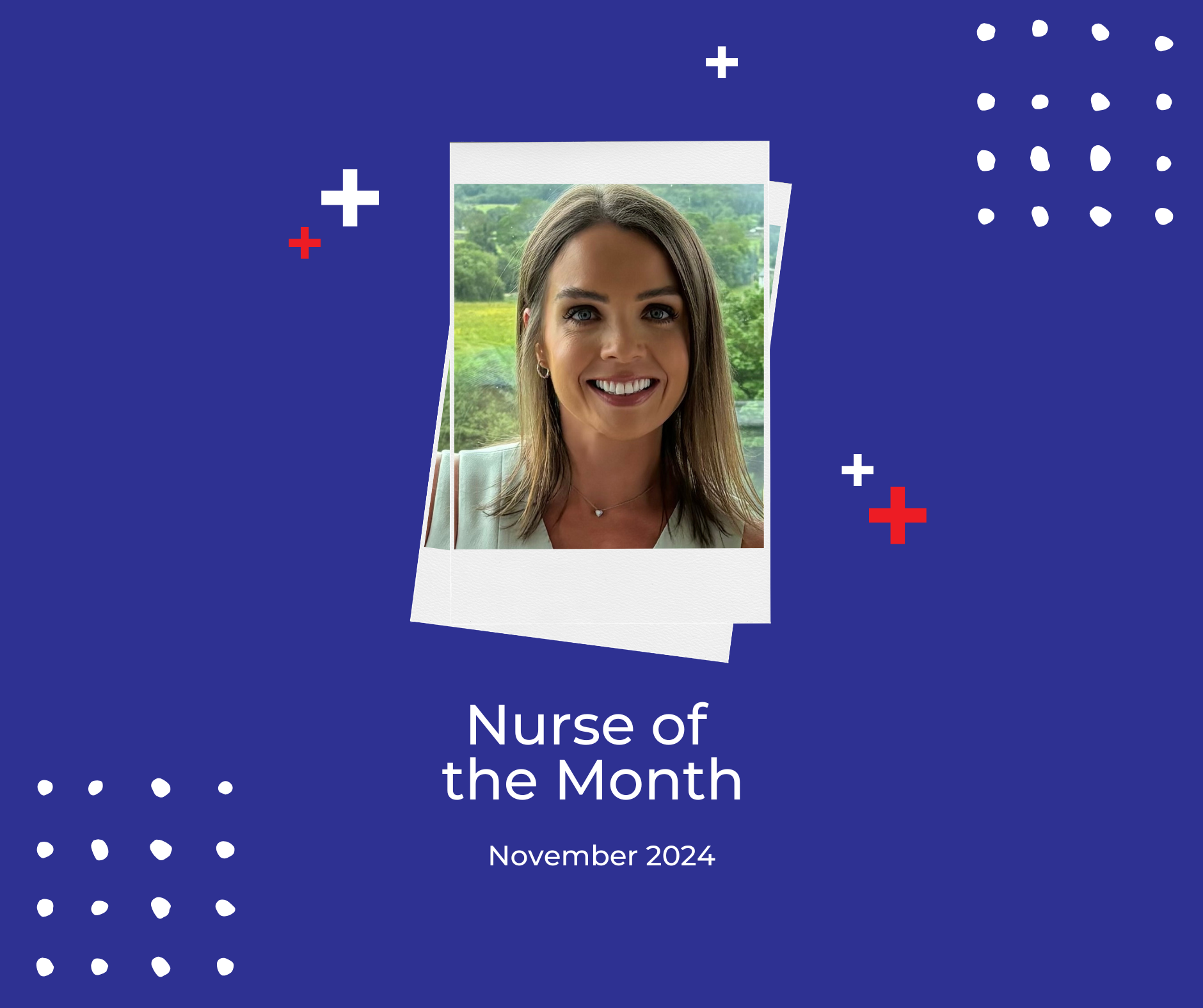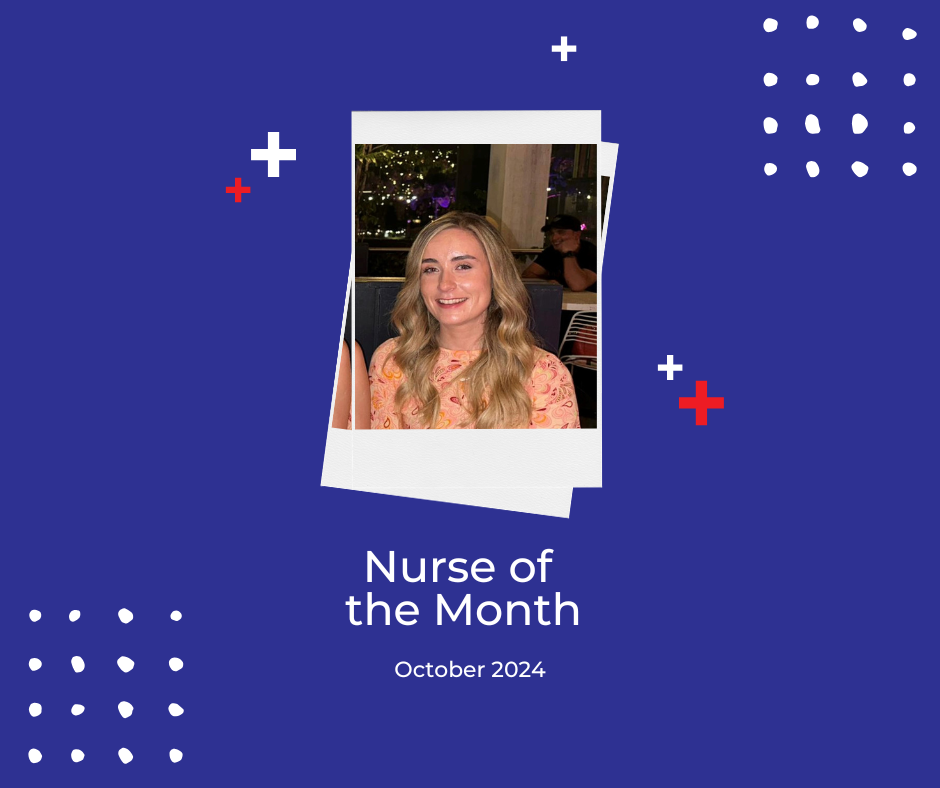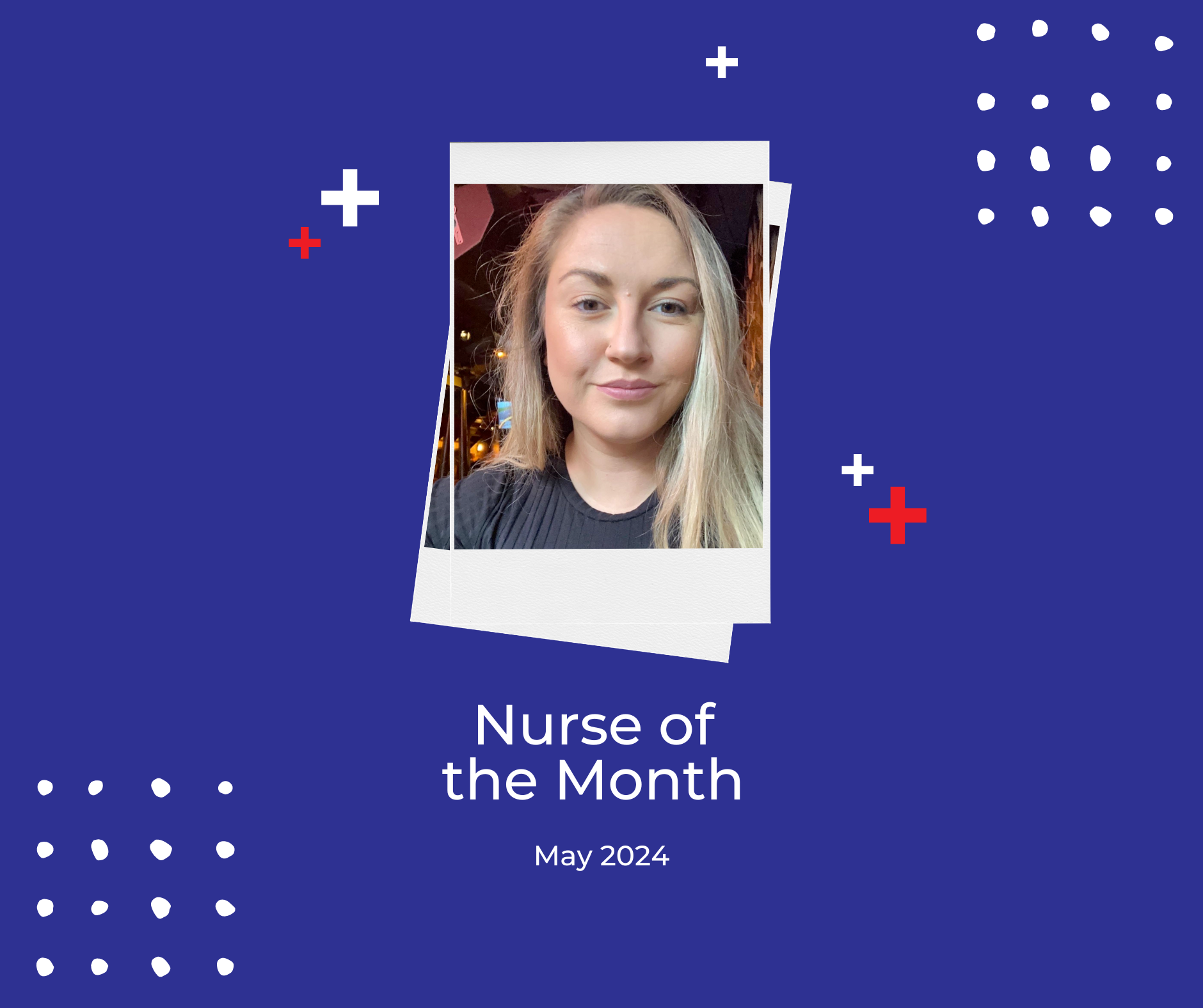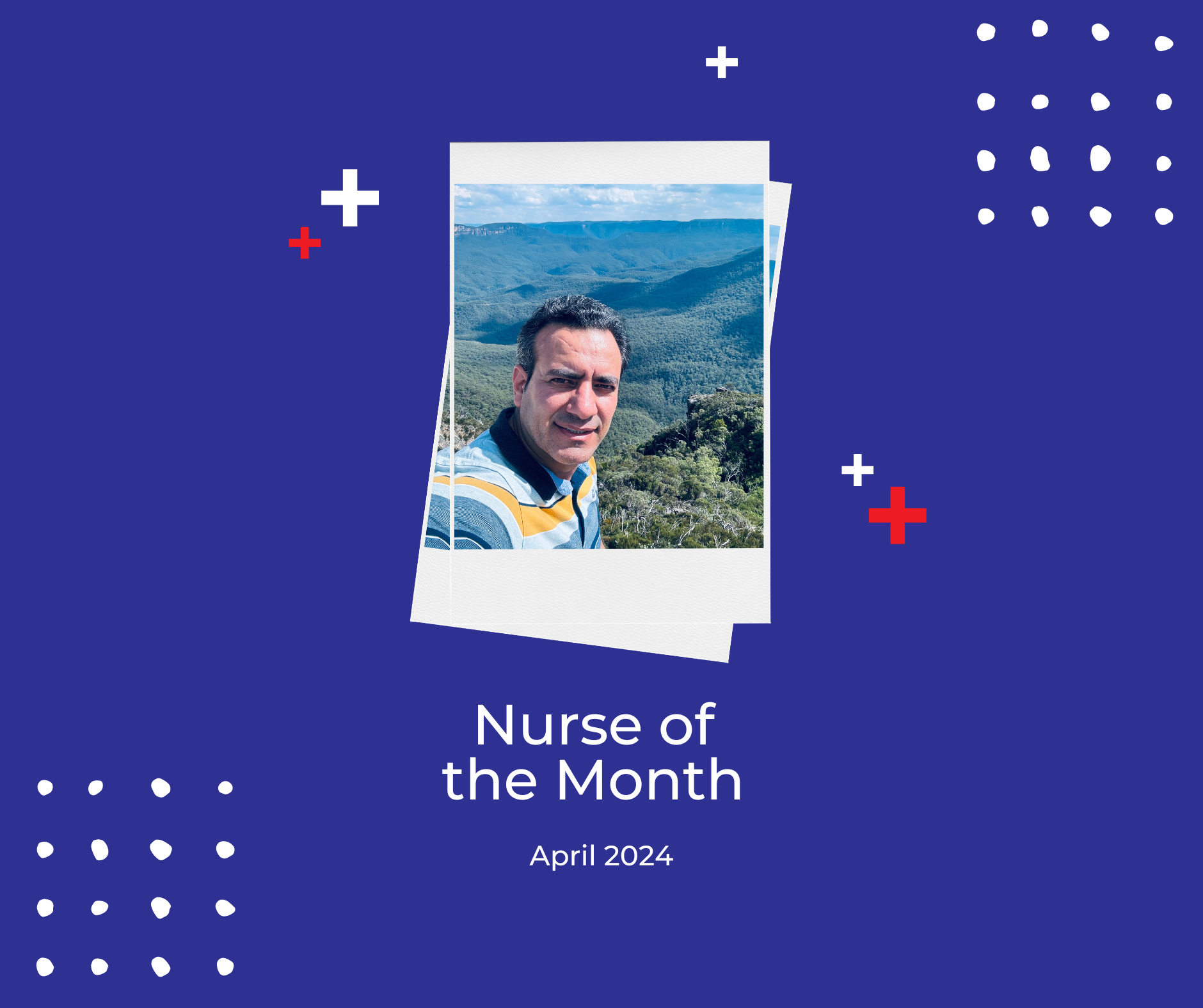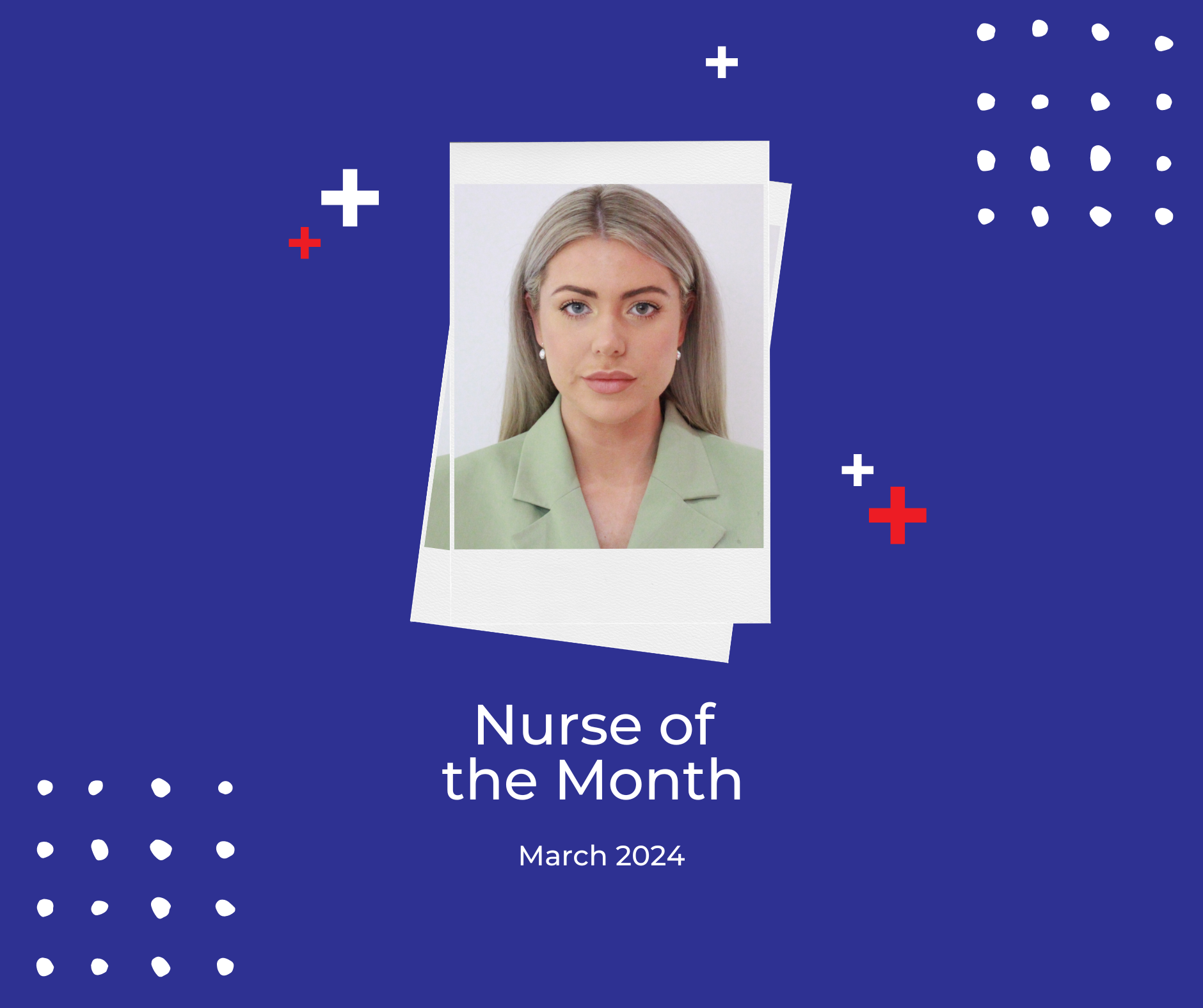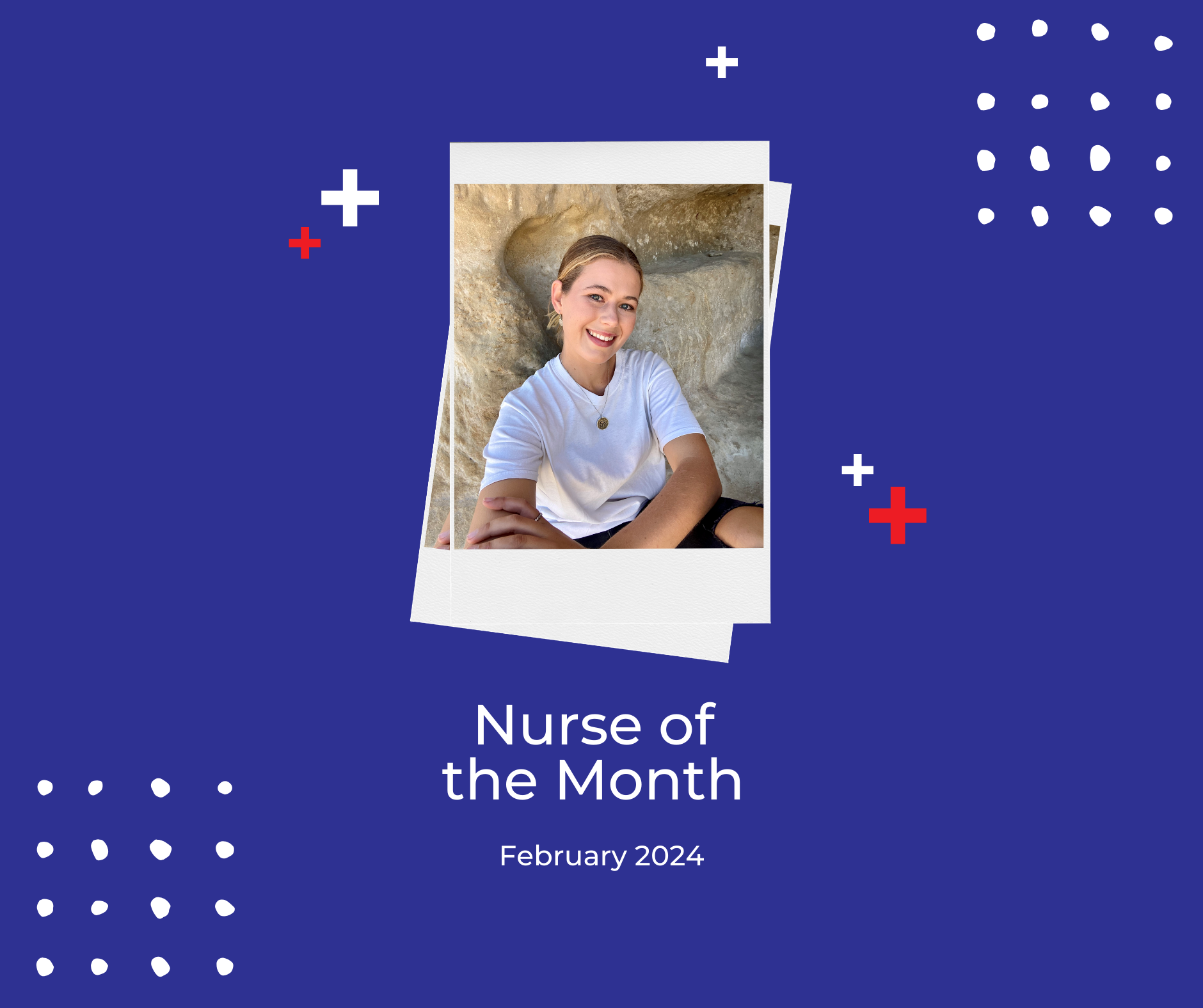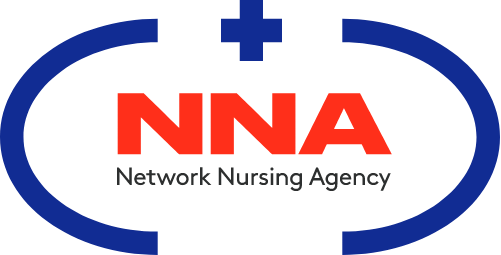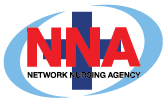The Demand for Bilingual Nurses and Their Impact

Have you ever been to a country where you don’t speak the language? Remember the feelings of insecurity from not being able to communicate as freely as you normally would. Now imagine you are stuck in a hospital, where your needs and worries were unable to be articulated because of that same issue. Picture somebody handing you a consent form to sign for your upcoming operation, but it was written in a language other than English or being asked to swallow a tablet you didn’t know what it was because you couldn’t read the packaging. Very scary!
Bilingual nurses help address these often culturally complex, medical situations. They not only break down verbal communication barriers and decrease anxiety and fear about the unknown, but they improve patient satisfaction, and discharge planning, ensuring the provision of safe patients. The challenge is we need many more to meet the demand of our multicultural society and the solution isn’t straightforward.
Where has the demand for bilingual nurses come from?
According to the results of the 2021 census, 5.8 million people (22.8%) reported using a language other than English at home. This was an increase from 4.9 million people (21.6%) in 2016.
We are a diverse and multicultural society and when we are sick, no matter where you were born, we demand certain expectations from the healthcare system. The community needs staff around the clock who understand patients' cultural needs and can help them navigate the sometimes complicated healthcare system in their native tongue.
Though most large tertiary hospitals, such as Westmed and Prince Alfred in New South Wales (NSW), have interpreter services, access is often limited due to staff resources and availability, leaving patients and staff no choice but to do their best.
Why we need more bilingual nurses
- Language barriers can impact the provision of care to patients with limited English proficiency
Though Google Translate and similar apps can help indicate single words or short phrases like pain, thirst and hunger, their use in more complex medical situations is mediocre. We need more bilingual nurses to help provide patient education relating to every day hospital risks such as falls, pressure injury risk, medication safety, consent and adequate discharge planning to limit the risk of re-presentation.
- Limited and ineffective translation services in healthcare facilities
Interpreter services provided in person, by phone or online are valuable tools within the healthcare system. However, their impact is often not as effective as we would like to believe due to a number of reasons.
* Only a small handful of patients can access the service at any one time due to the limited interpreters.
* There is a chance of miscommunication which can lead to frustration. This can occur if the interrupters don’t have a background or extensive knowledge in healthcare, or when only phone interpreter service is available as body language cannot be analysed.
* In situations where family members need to assist with translation, important medical information can sometimes be misinterpreted.
- Beyond translation: Being culturally aware/how to engage with patients who are culturally and linguistically diverse
Cultural competence is another vital aspect to consider here. In a busy environment like a hospital, it’s not simply about tolerating another’s culture and practices. It’s about embracing the differences too, bridging gaps, and personalising care based on what’s important to their cultural beliefs and values. This knowledge may help the patient relax, leading to a better experience and overall care.
- Being a bilingual nurse: A blessing and a curse
Bilingual nurses are often trying to juggle the translation needs of the department together with their own workload of patients. This constant demand creates significantly extra work which doesn’t come with an easy fix. Witnessing the patients joy and happiness when they can finally communicate with ease is extraordinary, but it doesn’t eliminate the constant flow of nursing tasks needing attention.
What does this mean for nurses?
If you are a bilingual nurse or have an interest in language and healthcare, there are exceptionally rewarding and exciting nursing roles available right now within the healthcare sector. These roles often incorporate uncommon nursing duties such as marketing and teaching which come with impressive income incentives. Nurses who portray these skills are increasingly starting to stand out from the other applicants during the hiring process as they are continuing to improve patient care across Australia.
At NNA, we believe having a diverse workforce improves the quality of care we can provide to the community here in Sydney.
If you’re looking for a welcoming and inclusive workplace, register your interest with us today!
